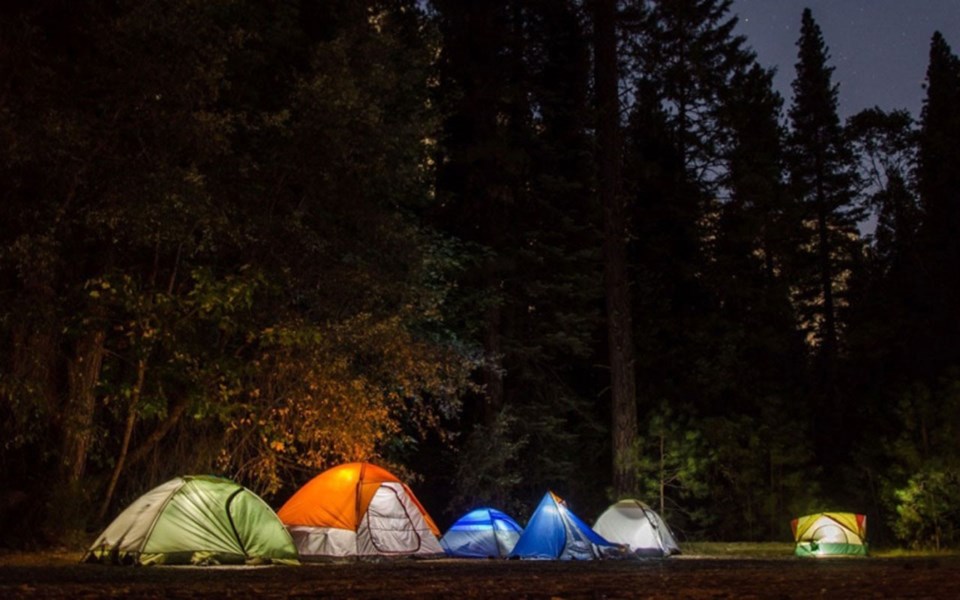A new bylaw about campgrounds in the Squamish-Lillooet Regional District has been adopted.
Campsites on agricultural land are already regulated through the Agricultural Land Commission—but until now there was no established standard for campgrounds on private land.
Rainbow said this bylaw has been in the works for several years.
On Nov. 27, the SLRD board moved to adopt a bylaw that ensures prospective developers of new private campgrounds include the following in their applications for a permit: water and sewage, site and landscape plans, facilities and number of campsites, geotechnical hazard and riparian assessments, emergency management plans and traffic management.
The bylaw also includes new minimum standards including layout, dimensions of campsites, an onsite caretaker requirement, additional buildings, services and amenities, lighting and signs, as well as parking, operations and maintenance. These apply to new proposals for private campgrounds throughout the SLRD.
"In the past, there have been several campgrounds in the SLRD that have been sources of disruptive noise, bylaw infractions, and poor design and construction," a report in the Nov. 27 agenda states. "A key element to consider is that people require potable water and produce waste while they are camping and recreating. These issues need to be adequately addressed in a proposed campground, as there are many problems that can arise from a completely unserviced campground."
The staff report said the feedback received about the bylaw at public meetings showed residents' support making the regulations stronger, "particularly with respect to requiring an on-site manager, fire protection and wildlife attractants."
Campgrounds are included as permitted land use in SLRD zoning bylaws, but those bylaws do not include details regarding operations and infrastructure. The new bylaw does not affect zoning regulations.
"There was a feeling that if we don't have anything in place, as pressures increase on the Sea to Sky for recreational and tourism development, we don't want to be playing catch up and dealing with situations after they have occurred," Rainbow said. "We want to have something in place that will allow us to have a measure of control of any development that occurs."
This story originally appeared here.




